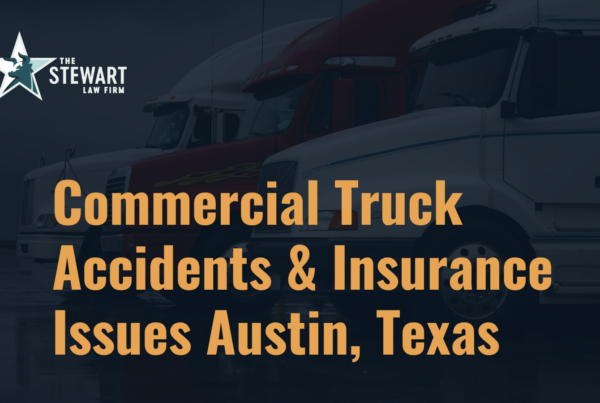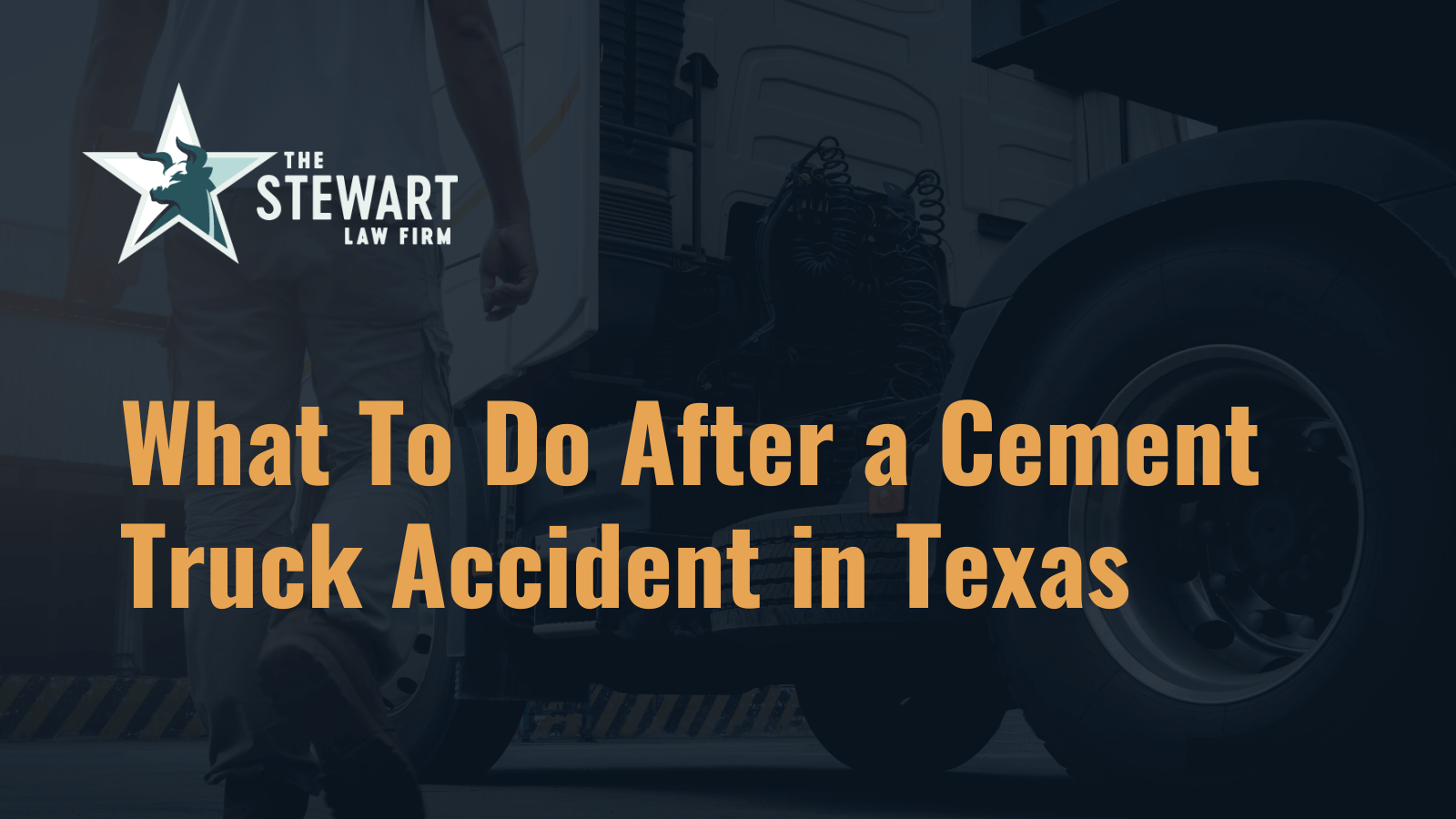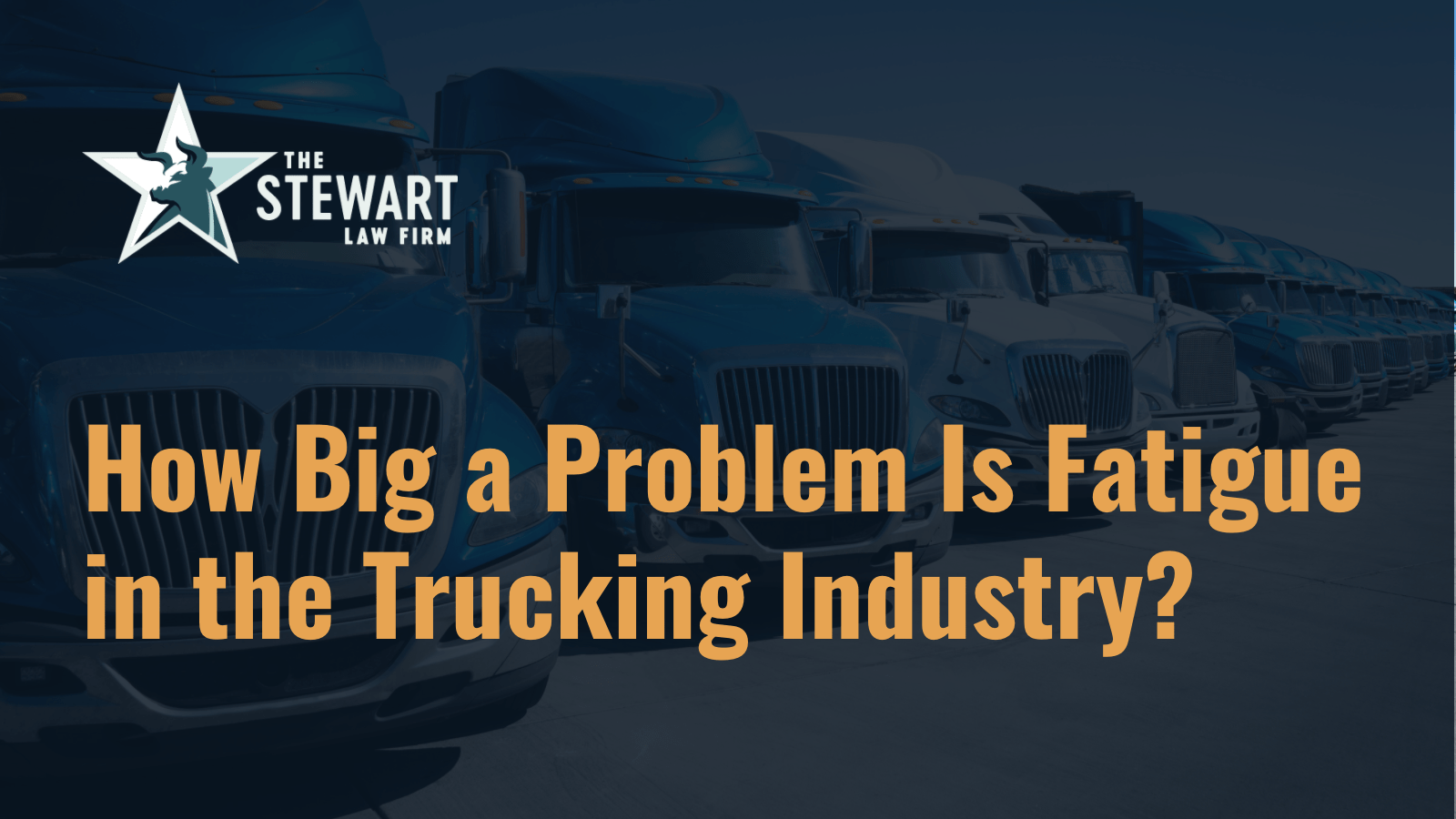When an accident occurs on someone else’s property, resulting in injuries, the property owner might be at fault, resulting in a premises liability claim. Premises liability cases fall under the umbrella of personal injury and, like most personal injury lawsuits, often involves negligence. Just because you were injured on someone else’s property, does not necessarily mean the owner is at fault, however. Certain elements must be proven in order for the owner to be held liable for injuries sustained.
Types of Premises Liability Cases
There is a wide range of premises liability cases, including:
- Slip and fall accidents
- Snow and ice accidents
- Poor or inadequate maintenance of property
- Dangerous defective conditions on property
- Inadequate security
- Elevator or escalator accidents
- Dog bites
- Swimming pool accidents
- Amusement park accidents
- Water leakage or flooding
- Toxic chemicals
- Fire
Duty of Care
In order for a property owner to be held liable for injuries sustained by another in an accident on his or her property, a duty of care must be proven. Not all visitors are owed a duty of care. For example, if a trespasser who was not authorized to be on the property is harmed by dangerous conditions, he or she would not be entitled to compensation since the property owner does not owe a duty of care to trespassers. The exception to this rule is if the trespasser was a child, in which case, a landowner should exercise care to avoid a foreseeable risk of harm.
An invitee and licensee, however, are both owed a duty of care by the landowner. An invitee is an individual who has the landowner’s express or implied permission to be present on the property, and tends to be either friends, relatives, or neighbors. A licensee is a person who goes to the property for his or her own purposes with the express permission of the landowner, but is owed a slightly lesser duty of care. The landowner only needs to warn a licensee of dangerous conditions that might pose an unreasonable risk of harm if he or she is aware of the condition and if the licensee is not likely to detect it.
Common Examples of Premises Liability Cases
While there is certainly a wide range of cases that can be classified as premises liability, some are more common than others. Slip and fall cases are usually the most straightforward types of accidents. They typically involve:
- Defective or poorly maintained staircases
- Unsafe accumulation of ice or snow
- Wet or oily floors
- Hidden extension cords that present a tripping hazard
- Unsecured rugs
- Loose or broken floors, sidewalks, or stairs
Another common example of a premises liability case is inadequate building security, which can lead to break-ins, assaults, or murder. If the property owner was aware of previous break-ins in the area, but still maintained lax security, he or she can be held liable for not providing enough security to prevent this potentially foreseeable event.
Austin Premises Liability Attorney
In Texas, property owners have a duty to maintain a reasonably safe environment for visitors. If they do not uphold this duty, and you sustain an injury while on the property, you can and should hold them accountable for this failure. At The Stewart Law Firm, PLLC, our personal injury attorney in Austin is a seasoned litigator with decades of experience. We operate on a contingency fee basis, which means that if we cannot win your case, you will not owe us any legal fees. Take action and fight for the compensation you deserve.
Call us today at (512) 326-3200 for a free initial consultation.





